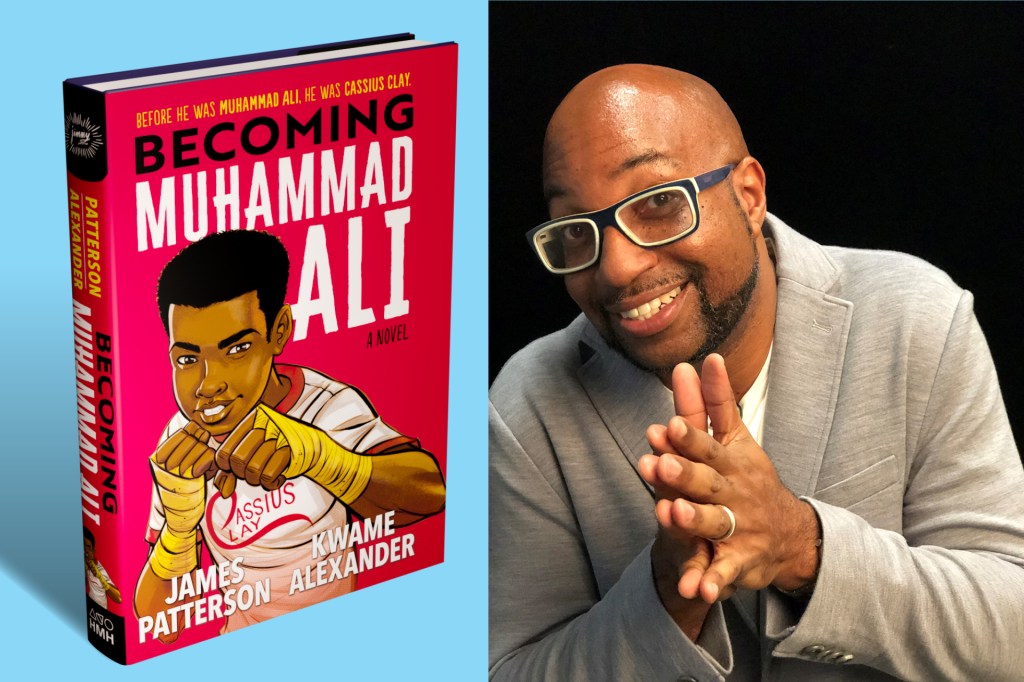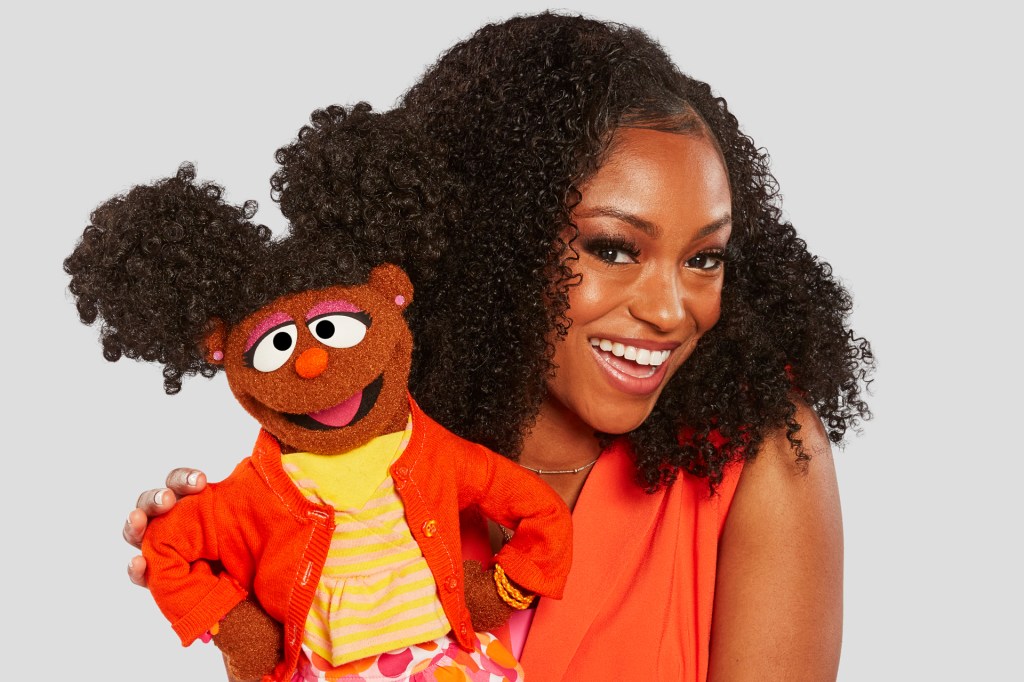
If you want to become a better writer, the most important thing to do is practice writing. Getting started is the hardest part. But we’ve got some tips.
Author Lamar Giles says that as a young writer, he worried about people stealing his ideas. But then he realized something: “An idea is not a story. It’s a compass that works differently for every single person,” he says. “It might lead you to a poem, or to a short story, or to a novel. So you shouldn’t worry about someone running away with an idea you have, because they will never run in the same direction as you.”
To get your creative juices flowing, TFK’s Shay Maunz asked some of our favorite authors to provide writing prompts for our readers. Choose a prompt below. This is where your writing will begin. Where it goes from there is up to you.
While you are sleeping, a mysterious door appears in your room. When you bring your best friend over to check it out, he or she can’t see it. You pull open the door to try to show it to your friend, and you are both transported to a whole different world. Write what happens next. —Jasmine Warga, author of Other Words for Home
You ask your parents for a pet, but they say no. While sulking in the woods behind your house, you stumble upon a huge egg. When the egg hatches, a baby T. rex toddles out. What do you do? —Remy Lai, author of Pie in the Sky and Fly on the Wall
“My name is [character name here] and I need you to listen very carefully. This is a matter of life and death . . .” —Lamar Giles, author of The Last Last-Day-of-Summer
Write about what it would be like to have a superpower that’s not so super. For example, you can fly, but very slowly and only two feet off the floor. Or you have the ability to turn invisible—but only for two seconds at a time. What would your life be like? What would your friends think of your not-so-superpower? —Jeff Kinney, author of the Diary of a Wimpy Kid series
Pick a prompt on this page, and try one or more of the following: Draw a story in panels, like a comic book or a graphic novel, without using any words. Write the story all in dialogue. Start your story with a scene that has at least two people in it. Write a few paragraphs. Stop, then start over again, writing the same scene but changing the people into animals or other nonhuman characters. —Linda Sue Park, author of Prairie Lotus and A Long Walk to Water













